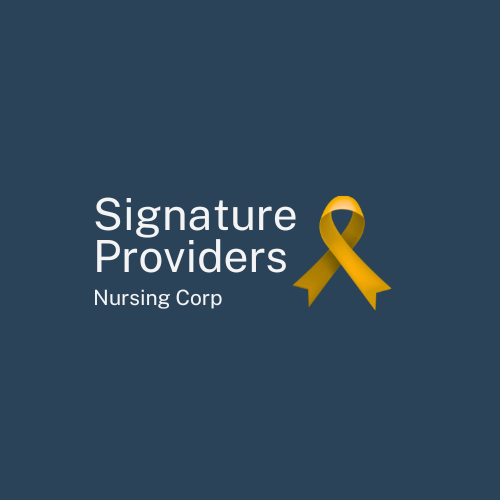
Depression, also known as major depressive disorder (MDD), is a common and serious mental health condition that negatively affects how individuals feel, think, and act. It goes beyond feelings of sadness and can significantly impair daily functioning, relationships, and overall quality of life. Depression can occur at any age and affects people of all demographics.
Symptoms
Symptoms of depression may include:
- Persistent feelings of sadness, emptiness, or hopelessness.
- Loss of interest or pleasure in previously enjoyable activities.
- Fatigue or decreased energy.
- Changes in appetite or weight (either loss or gain).
- Sleep disturbances (insomnia or oversleeping).
- Difficulty concentrating, thinking, or making decisions.
- Feelings of worthlessness or excessive guilt.
- Recurrent thoughts of death or suicide.
For a diagnosis, these symptoms must last for at least two weeks and represent a significant change from previous functioning (American Psychiatric Association, 2022).
Causes and Risk Factors
The exact cause of depression is multifaceted and often involves a combination of biological, psychological, and environmental factors, including:
- Genetics: A family history of depression can increase risk.
- Brain Chemistry: Imbalances in neurotransmitters like serotonin and dopamine play a role.
- Hormonal Changes: Life events such as pregnancy or menopause may trigger depression.
- Stressful Events: Trauma, grief, or major life changes can contribute.
When to Seek Help
If symptoms interfere with daily life or cause distress, professional help is essential. Treatment options include:
- Medication Management: Psychiatric professionals, such as psychiatrists or psychiatric nurse practitioners, may prescribe antidepressants to regulate brain chemistry.
- Therapy: Talk therapy, such as cognitive behavioral therapy (CBT), provided by psychologists or licensed therapists, helps individuals address negative thought patterns.
- Lifestyle Changes: Exercise, healthy eating, and stress management techniques can complement medical treatments.
Depression is treatable, and recovery is possible with the right support and care.
Conclusion
Understanding depression as a medical condition and seeking early intervention can make a significant difference in improving mental health and overall quality of life. Remember, you are not alone, and help is available.
References
- American Psychiatric Association. (2022). What Is Depression?. Retrieved from https://www.psychiatry.org
- National Institute of Mental Health. (2021). Depression: Overview. Retrieved from https://www.nimh.nih.gov
- Mayo Clinic. (2023). Depression (major depressive disorder): Symptoms and causes. Retrieved from https://www.mayoclinic.org
If you have a medical or psychiatric emergency, please call 911. If you are feeling suicidal or need immediate assistance, please call the National Suicide Prevention Line at: 1-800-273-8255 or 9-8-8.

